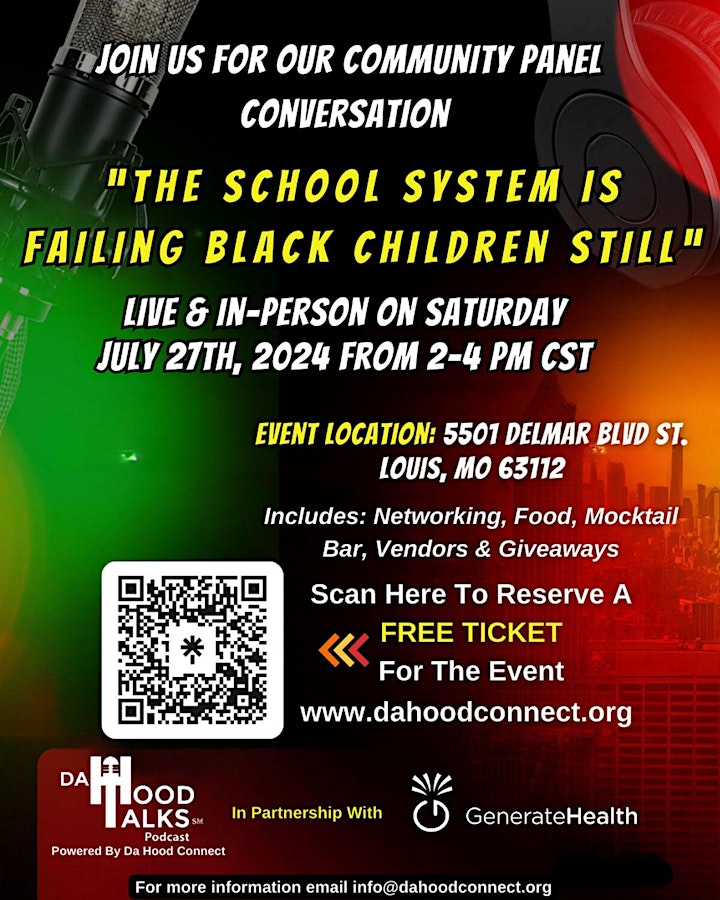It has been over two years since the beginning of the COVID-19 pandemic. In that time, the world has navigated through stay-at-home orders, evolving policies on wearing masks, and the introduction of a vaccine, which has left many uncertain about where to find trustworthy information on its safety and effectiveness. Making sense of the guidelines can be challenging and pregnant people must also make decisions about protecting their health and the health of their babies.
Throughout the last two years, we’ve learned more about how COVID-19 impacts pregnant families and families with infants. We have heard the concerns voiced by our community leaders about how to protect themselves and their children and we’ve seen how our local healthcare system and nonprofit partners have evolved their practices and policies to protect the health and safety of local families.
Growing evidence of COVID-19 infections in pregnant people indicate that there is an increased risk of severe illness, hospitalization, and adverse birth outcomes among patients who have not been vaccinated. The Centers for Disease Control and Protection issued an urgent health advisory that all people who are pregnant, recently pregnant, or trying to become pregnant now or in the future, get vaccinated to reduce their risk of serious illness. Pregnant people with COVID-19 are at an increased risk of experiencing preterm birth, stillbirth, and their infants are at risk of admission to the ICU if they contract COVID-19. These negative impacts are further multiplied for Black women and birthing people, who are 3-4x as likely to die during pregnancy due to existing inequities.
Generate Health coordinates the St. Louis region’s fetal infant mortality review program, also known as FIMR (pronounced “femur”, like the bone!). This program consists of a collaborative and cross-sector team that reviews cases of fetal and infant deaths to better understand the circumstances surrounding those deaths and provide recommendations for strategies and policies that might prevent future deaths. Although we are still awaiting data that will help us understand how the St. Louis region has been impacted (and will continue to be impacted) by COVID-19, we anticipate seeing a rise in fetal, infant, and maternal deaths reflective of the spread of the virus throughout our community.
The American College of Obstetricians and Gynecologists strongly recommends vaccination for pregnant people. The vaccine can be administered safely during any trimester and boosters are recommended. There is growing evidence that when a pregnant person is vaccinated, they can pass antibodies to their fetus, offering protection for both mom and baby. Despite the evidence of the vaccine’s safety and effectiveness, vaccine rates among pregnant people remain low. CDC data shows Black women and birthing people have the lowest vaccination rates at about 15%, compared to 34% among white women and birthing people.
It is unsurprising that vaccination rates for Black women and birthing people are low. Our government and healthcare agencies have not earned the trust of Black communities, due to a long history – and current practices – of mistreatment and discrimination. A documented history of medical racism leaves many in the Black community wary of the vaccine recommendations. The pandemic has heightened attention on the deep inequities in our country that have existed for generations and exacerbated the disparities faced by Black people in nearly every aspect of their daily lives. From access to quality healthcare to housing and food access, the pandemic has laid bare the extreme hardships that have been created for many families.
The National Birth Equity Collaborative has written a powerful statement on the tensions Black communities face in accessing vaccines, trusting their safety and effectiveness and the insidious ways racism affects Black maternal health. It offers recommendations for addressing the systemic inequities that have prevented Black communities to fully protect themselves from COVID-19. Providers caring for Black pregnant patients must approach conversations of vaccine hesitancy with a lens of how historical context has shaped their patients beliefs, attitudes, and the choices they make. Expectant Black families have a right to seek information from trusted sources and make decisions with a sense of their own personal agency.
As we continue to see communities lifting their mask policies, ending COVID related restrictions and emergency programs, we know there is still a need for expectant and new families to access critical information to help them make the best decisions about how to protect themselves and their babies. In addition, policies are needed to remove logistical barriers to getting vaccinated, including transportation, paid time off work, childcare, and paid family leave. Today, we are sharing resources we’ve found helpful and informative for expectant and new parents. Please take a moment to read through the resources we’ve selected and share them with your family, friends, patients, or to start a conversation with your healthcare provider.
Resources for expectant families:
One Vax Two Lives addresses frequently asked questions that many pregnant people or people considering future pregnancy have raised and dispels some of the misinformation about the COVID-19 vaccine’s safety and effectiveness.
The Centers for Disease Control and Prevention offers information on where to access COVID-19 tests, guidance on when to get tested and how to interpret test results. Did you know that every household in the United States is eligible for free at-home COVID test kits delivered right to your mailbox? Order yours today online or by calling 800-232-0233.
Locally, the City of St. Louis has information about where to get tested for and vaccinated against COVID-19 within city limits. Revive STL County has lots of information about testing , vaccines , and other resources for St. Louis County residents. Prepare STL has resources and information for Black residents of the St. Louis region, including a variety of podcast episodes that feature the stories and perspectives of local leaders and residents.
Expectant parents should read this ABC News article that describes some of the hospital policies continuing to affect families birthing experiences from room sharing to initiating breastfeeding. Families planning to give birth at a hospital should get informed of hospital policies that could impact their birth plan and speak with their healthcare provider to advocate for a birth experience that meets their needs.
Resources for providers:
Partnering for Vaccine Equity: Vaccine Resource Hub . This website contains social media content, podcasts, infographics and resources for community-based organizations who are working to address racial inequities in adult immunization rates. It contains resources for pregnant audiences with information from the American College of Obstetricians and Gynecologists.
Do you work with pregnant people and parents with infants? The National Healthy Start program has comprehensive information on COVID-19 that covers COVID risk factors, vaccines during pregnancy and when breastfeeding and addresses a few common myths about the vaccine. There is even an infographic for dads , who may have questions about keeping their families protected against COVID.
In St. Louis, the Regional Response Team, a collaborative of local non-profit, public, and philanthropic partners lead a centralized response system to address the needs of communities most impacted by COVID. They recognize how the pandemic affects Black and other marginalized communities and they support campaigns to provide outreach to the unhoused and people facing evictions and can connect people to personal protective equipment, testing, and education about vaccines.


